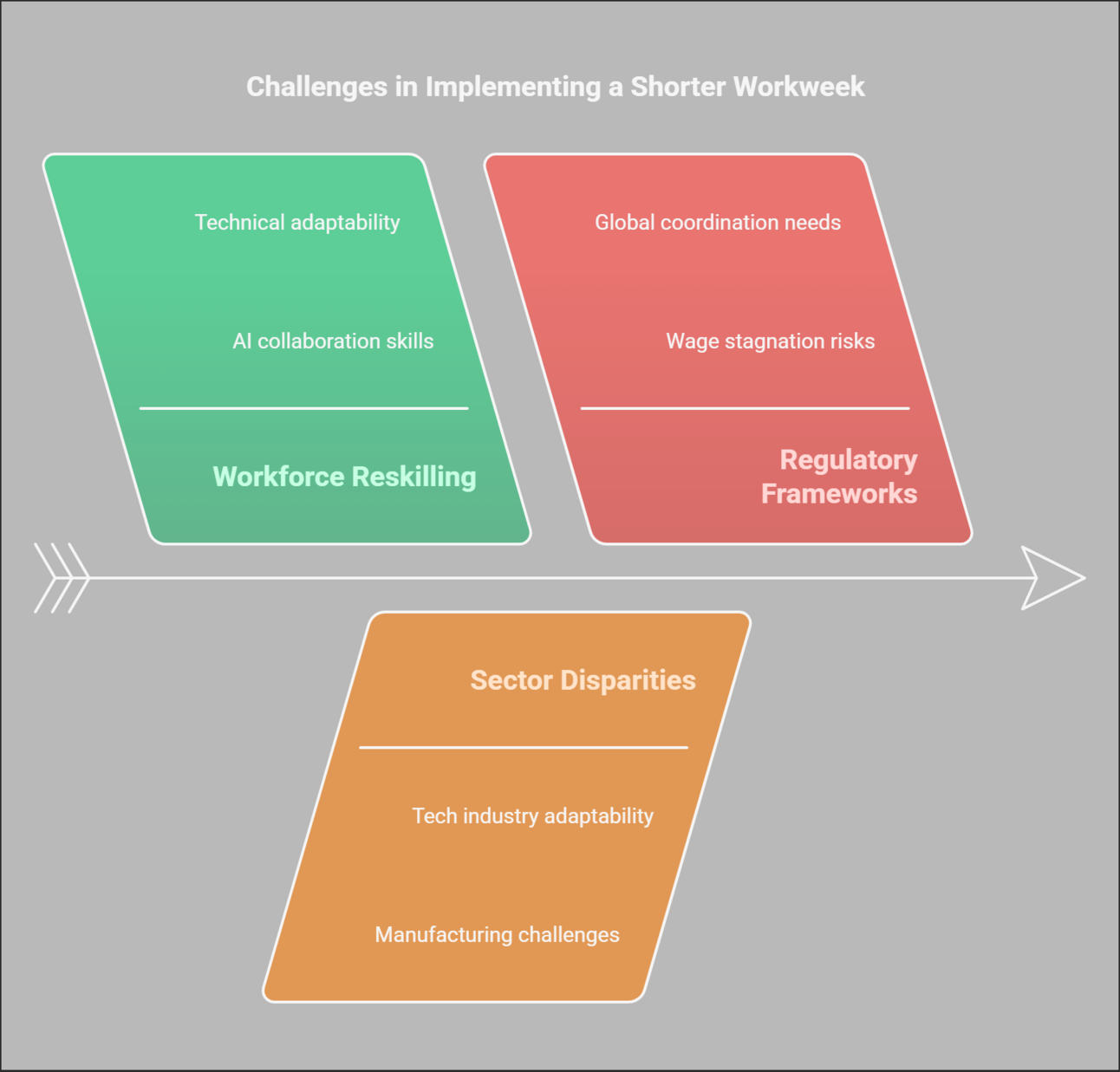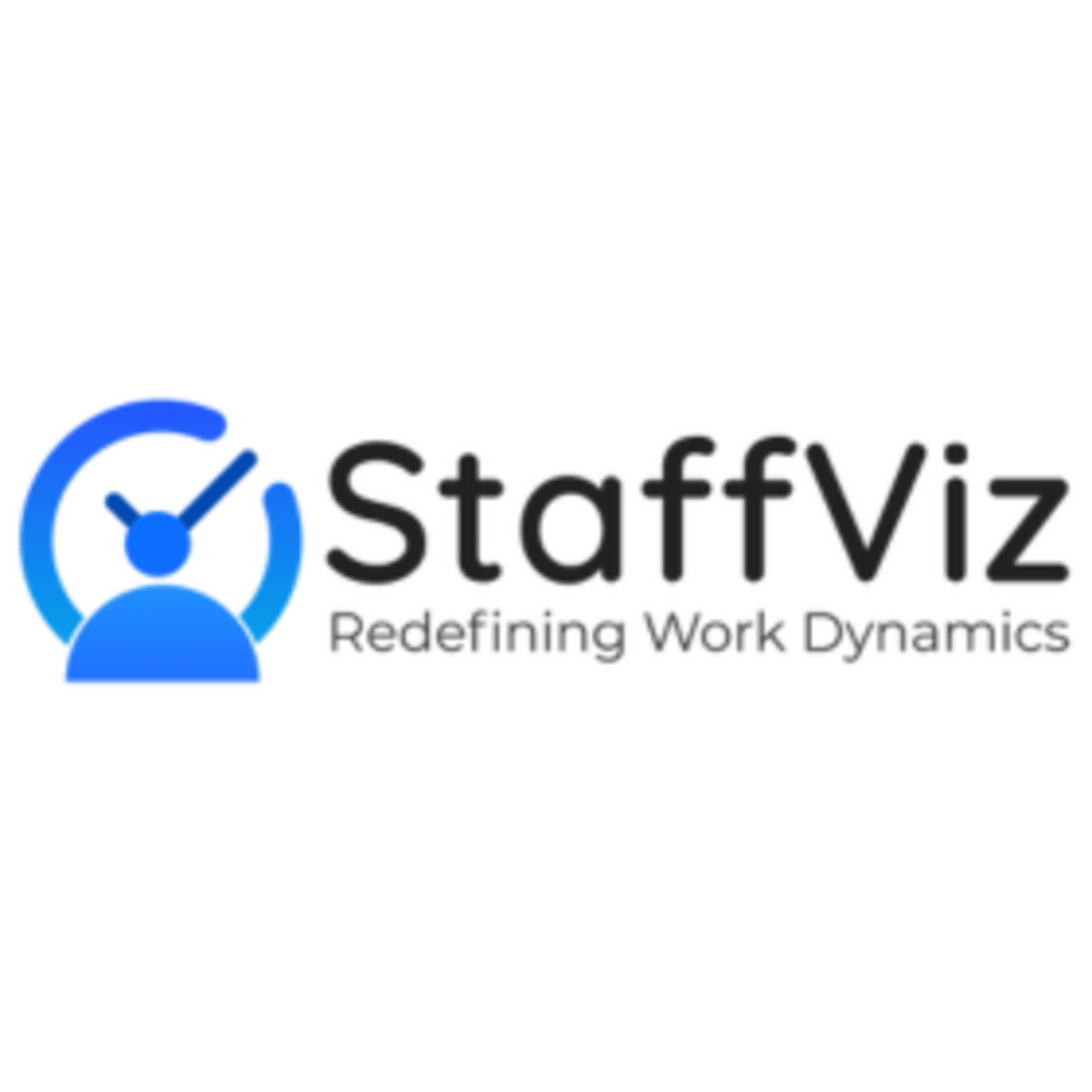Artificial intelligence is reshaping the modern workplace, with profound implications for how we structure work time. One of its most transformative effects could be the widespread adoption of a shorter workweek. From automating routine tasks to boosting productivity, AI is paving the way for companies to reduce working hours without sacrificing output—making the idea of a four-day workweek increasingly realistic.
AI's Role in Workweek Reduction: The JPMorgan Case Study
The most striking endorsement of AI-driven workweek reduction comes from JPMorgan Chase CEO Jamie Dimon, who made headlines with his bold prediction that future generations might work just three and a half days a week. This radical shift, Dimon argues, will be enabled by AI's ability to automate up to 70% of routine tasks—a projection supported by McKinsey research estimating AI could add 2.6−2.6−4.4 trillion annually to the global economy through productivity gains.
Dimon's vision extends beyond just shorter hours. He foresees AI creating a ripple effect across society:
Enhanced work-life balance from condensed workweeks
Longer lifespans (potentially to 100 years) through AI-accelerated medical breakthroughs
Economic transformation as productivity gains redistribute working hours
Notably, JPMorgan is already putting this philosophy into practice. When AI automation displaces roles, the bank follows its First Republic acquisition playbook—where 90% of affected staff were redeployed rather than laid off. This approach suggests a future where AI doesn't eliminate jobs en masse, but rather redefines them.
Evidence Mounting for Shorter Workweeks
The data supports Dimon's optimism:
A 2023 University of Cambridge study of four-day week trials found:
65% reduction in sick days
Significant drops in employee burnout
92% of participating companies retained the shorter schedule
Early adopter companies report AI tools saving 21+ hours weekly per employee through automation of tasks like:
Resume screening
Data entry
Routine customer service
Global Momentum Builds
The movement isn't just theoretical:
China has begun piloting 4-day work week programs
UK/Iceland trials show productivity increases with shorter hours
Forward-thinking companies like Kickstarter and Bolt use AI to enable 4-day weeks
While the potential benefits of AI-driven workweek reduction are compelling, the transition presents complex challenges that require strategic planning and proactive solutions.

1. Reskilling the Workforce for an AI-Augmented Future
The shift to shorter workweeks powered by AI will demand significant upskilling and reskilling initiatives. As automation handles routine tasks, employees must develop new competencies to remain relevant, including:
AI collaboration skills – Workers must learn to effectively use AI tools as productivity partners rather than viewing them as threats.
Higher-order cognitive skills – Critical thinking, creativity, and emotional intelligence will become even more valuable as AI handles repetitive work.
Technical adaptability – Continuous learning will be essential as AI evolves, requiring ongoing training programs from employers.
Companies like JPMorgan and IBM are already investing heavily in workforce retraining, but smaller firms may struggle with the costs. Governments and educational institutions will need to partner with businesses to ensure equitable access to reskilling opportunities.
2. Sector Disparities: Not All Industries Will Adapt Equally
The feasibility of a four-day workweek varies drastically across sectors:
Tech & knowledge-based industries (software, marketing, finance) can transition faster due to high AI adaptability and task automation potential.
Manufacturing & logistics face greater hurdles, as physical production processes are harder to condense without operational disruptions.
Healthcare & emergency services may require hybrid models, as 24/7 coverage remains essential.
This disparity risks creating a two-tier workforce, where employees in AI-friendly sectors enjoy shorter hours while others remain stuck in traditional schedules. Policymakers must address this imbalance to prevent widening inequality.
3. Regulatory Frameworks: Ensuring Fair and Sustainable Adoption
Without proper oversight, AI-driven work reductions could lead to unintended consequences:
Wage stagnation – If productivity gains aren’t shared equitably, workers could face pay cuts despite efficiency improvements.
Exploitation risks – Some employers might misuse AI monitoring tools to intensify workloads within fewer days, negating work-life balance benefits.
Global coordination needs – Since markets operate across borders, inconsistent adoption (e.g., China’s 4-day workweek pilots vs. slower-moving economies) could create competitive imbalances.
Countries like Portugal and Iceland have shown that government-backed trials can smooth the transition, but broader labor law reforms will be necessary to standardize shorter workweeks while protecting workers’ rights.
The Road Ahead: Balancing Innovation with Inclusivity
The success of AI-enabled workweek reduction hinges on addressing these challenges holistically:
✔ Public-private partnerships to fund reskilling
✔ Sector-specific guidelines to ensure fair implementation
✔ International cooperation on AI labor policies
As Jamie Dimon and other leaders have emphasized, the four-day workweek isn’t just inevitable—it’s an opportunity to redefine productivity for the better. But without careful navigation, the risks of disruption could outweigh the rewards. The next decade will test whether businesses and governments can turn this vision into a reality that benefits all workers.

